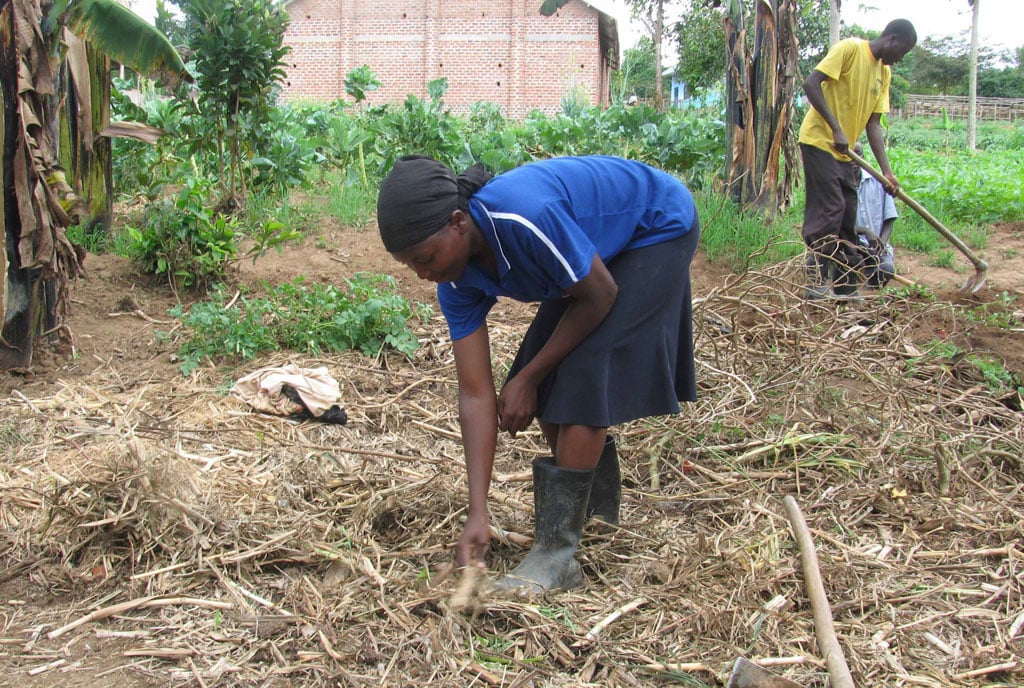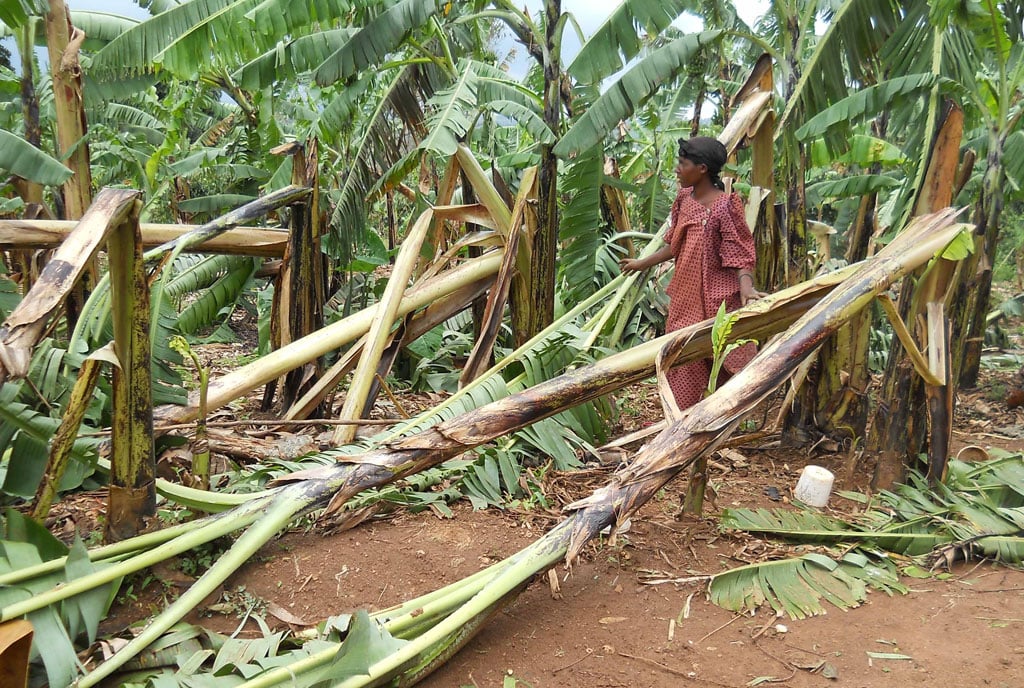NARO introduces eight crop varieties in three years

What you need to know:
- While plant breeding has been very successful and has delivered today’s highly productive crop varieties, the rate of genetic improvement must double to meet the projected future demands. The National Agricultural Research Organisation (Naro) scientists are just doing that.
The National Agricultural Research Organisation (Naro) has revealed its remarkable success in introducing eight new crop varieties in a period of three years
The achievement was reached through a project aimed at promoting the use and commercialisation of improved crop varieties and livestock technologies dubbed Feed the Future Uganda agriculture research activity funded by USAID.
While presenting the report to Naro’s top management in Entebbe, Project Coordinator Abdullah Kaggwa revealed that since 2020, the project had facilitated the release of eight new improved crop varieties.
These include two bean varieties NAROBEAN 6 and, two potato varieties (NAROPOT 5 and 6), two sweet potato varieties. NAROSPOT 6 and 7, one provitamin A maize variety NAROMAIZE 63PVA), and one pasture variety with high protein content NAROLABLAB1.
Potato is ranked as the eighth most important crop for food and nutritional security because it contains protein, vitamins, zinc and iron.
Kaggwa adds that the eight candidate crop varieties were submitted to the National Variety Release Committee for approval and all passed the test.
He also reveals that Naro research scientists also developed coffee value-added products, such as coffee facial and body scrub, ready for uptake by Uganda’s leading cosmetic producer, Movit Products.
“Ebenezer, a private company based in Lira, was incubated for the promotion and dissemination of Integrated Pest Management (IPM) technologies,” he says.
Kaggwa adds that in a positive development for banana farmers, scientists have developed and continued to improve 12 value-added product samples.
“The products are from banana fibre, such as banana green resistant starch, hair extensions, and sanitary pads. Other prototypes encompass natural colorants and dyes, pre-cooked beans, composite flour (super kawoomera), two specialty coffee powers, coffee-infused yogurt, coffee lotions and cream formulations, sorghum composite flour, and essential oils serving as low-risk pesticides,” he says.
He also reveals that over the same project period, Naro developed five drudgery-reducing technologies, including a banana fibre extractor, two bean planters (heavy and light duty), and two animal-drawn planters.
“Under the same project, various facilities were constructed or refurbished to enable the development of market-responsive technologies. These include an aeroponic unit, coffee seed multiplication facilities, a maize cold room, installation of laboratory and semi-industrial incubation equipment,“ he says.
Commercial value
The Naro Director General, Dr Yona Baguma, has announced plans to mainstream the commercialisation of developed technologies to enhance revenue generation and proposed an annual technology and innovation expo to showcase products, services, and new developments in the agricultural research field.
“I pledged to strengthen Naro Holdings Limited, the organisation’s business arm, in terms of personnel and governance to effectively enhance and accelerate last-mile access to and utilisation of proven Naro technologies and services on a commercial and sustainable basis,” he says.
He is optimistic about achieving more in the anticipated second phase of the project, with a focus on addressing identified gaps.
“This project is also aimed to enhance crop and animal production and management technologies in response to emerging threats and market demands.
Mr Baguma adds that the project sought to consolidate previous gains in institutional and human capacity development, aligning research with market needs, and mobilizing domestic resources to replace development partner funding.




